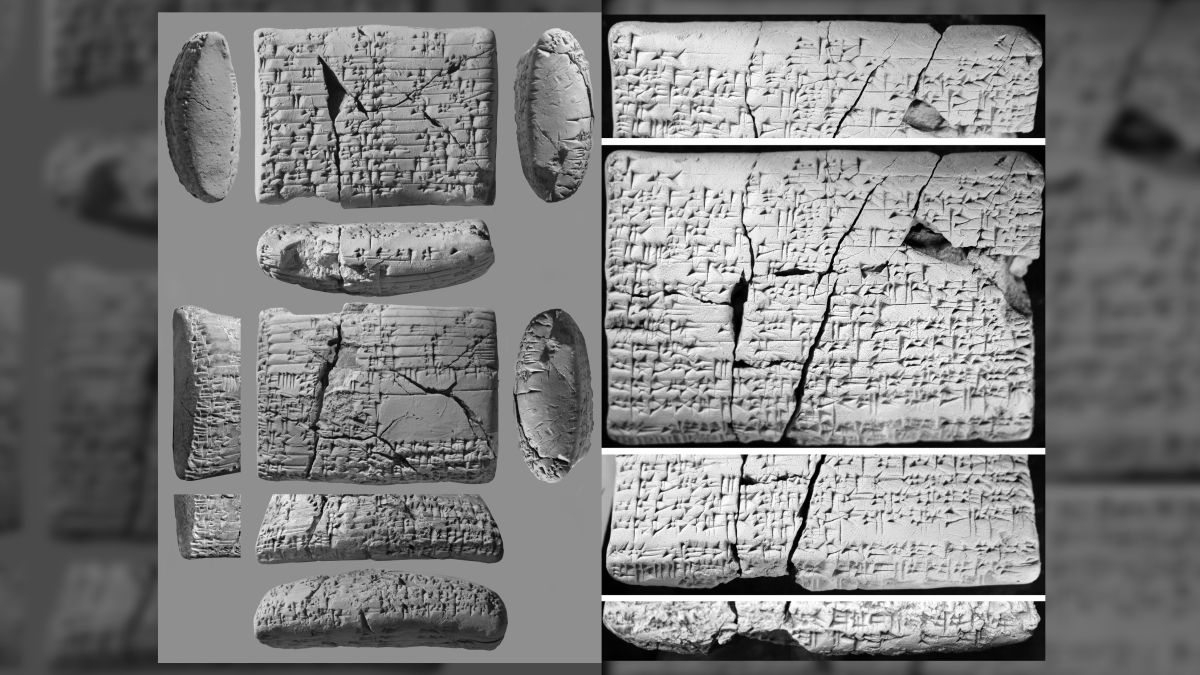Another Rosetta Stone

Two ancient clay tablets discovered in Iraq in the 1980s and possibly smuggled illegally to the United States during the Iran-Iraq War (!) bear cuneiform-like writing. But while one of the scripts is in Akkadian, a kind of Babylonian lingua franca that is well-known to scholars of ancient writing, the other is in Amorite, a “lost” Semitic/Canaanite language that is not well-attested elsewhere. Put the two together, and you have another Rosetta Stone for deciphering an ancient script scholars otherwise couldn’t read.
The account of the Amorite language given in the tablets is surprisingly comprehensive. “The two tablets increase our knowledge of Amorite substantially, since they contain not only new words but also complete sentences, and so exhibit much new vocabulary and grammar,” the researchers said. The writing on the tablets may have been done by an Akkadian-speaking Babylonian scribe or scribal apprentice, as an “impromptu exercise born of intellectual curiosity,” the authors added.
Yoram Cohen, a professor of Assyriology at Tel Aviv University in Israel who wasn’t involved in the research, told Live Science that the tablets seem to be a sort of “tourist guidebook” for ancient Akkadian speakers who needed to learn Amorite.
One notable passage is a list of Amorite gods that compares them with corresponding Mesopotamian gods, and another passage details welcoming phrases.
“There are phrases about setting up a common meal, about doing a sacrifice, about blessing a king,” Cohen said. “There is even what may be a love song. … It really encompasses the entire sphere of life.”
Amorite is a western Semitic language, like ancient Hebrew, but these tablets, estimated to be 4000 years old, are at least 1000 years older than any extant Hebrew writing. (The Amorites were one of the frequent enemies of the ancient Hebrews.)





Stay Connected